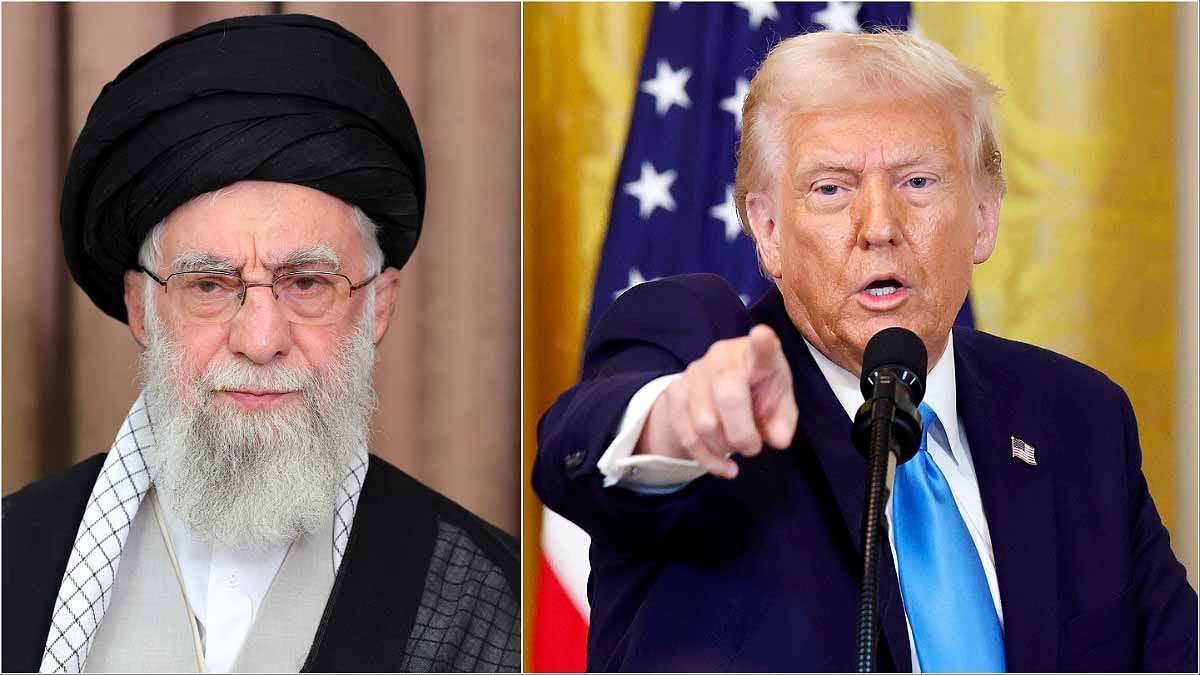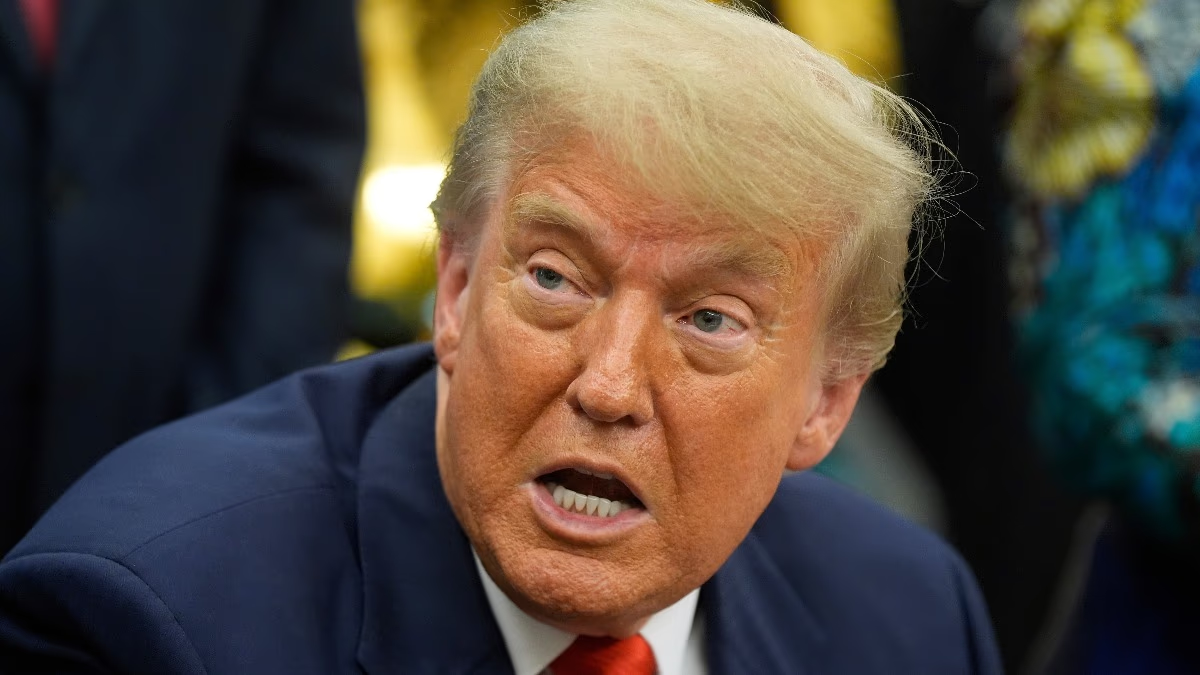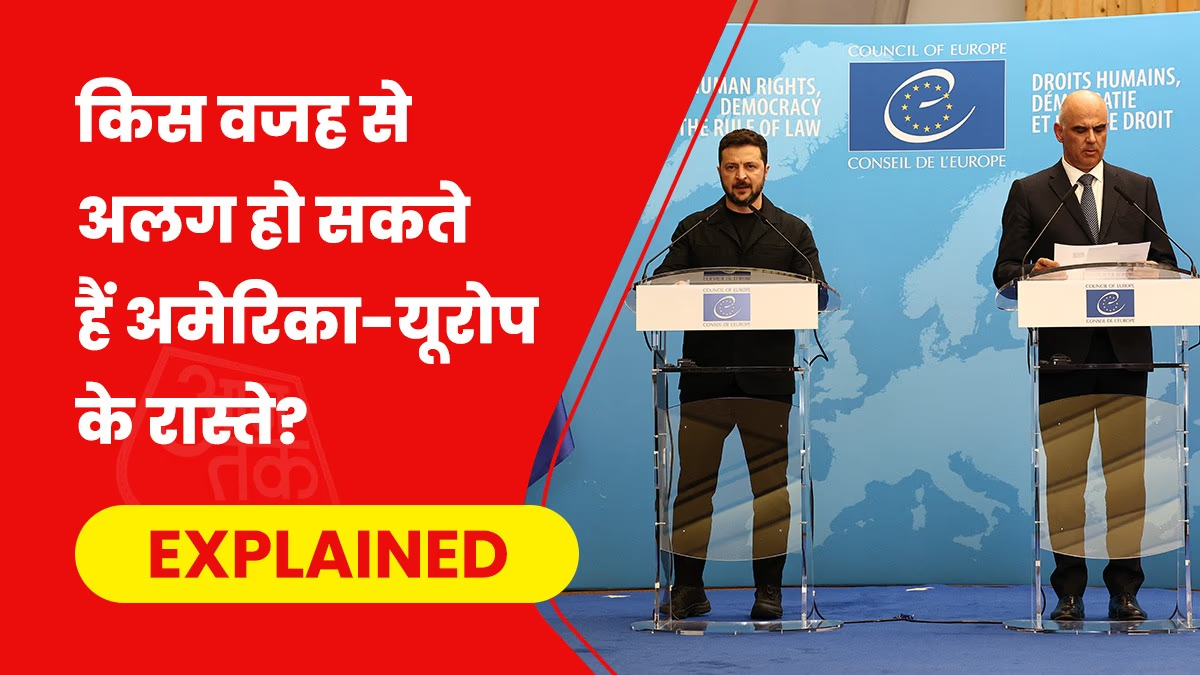Amidst global diplomatic currents, a startling turn of events has taken place. The Trump administration in the U.S. plans to forge a new agreement with Iran, proposing to provide assistance amounting to $30 billion, easing sanctions, and unlocking billions in frozen assets.
This proposal surfaces just after the U.S. conducted strikes on Iran's nuclear facilities, which President Donald Trump claimed were decisively obliterated.
Iran's nuclear program has long been at the heart of international debates. Iran maintains its program is for peaceful purposes, like electricity generation and medical research. However, the U.S., Israel, and other Western nations fear Iran might covertly develop nuclear weapons.
In 2015, a groundbreaking agreement known as the Joint Comprehensive Plan of Action (JCPOA) was reached between Iran and six global powers (the U.S., Russia, China, the U.K., France, and Germany). Under this deal, Iran agreed to limit its nuclear program and allow international inspections in exchange for relief from sanctions.
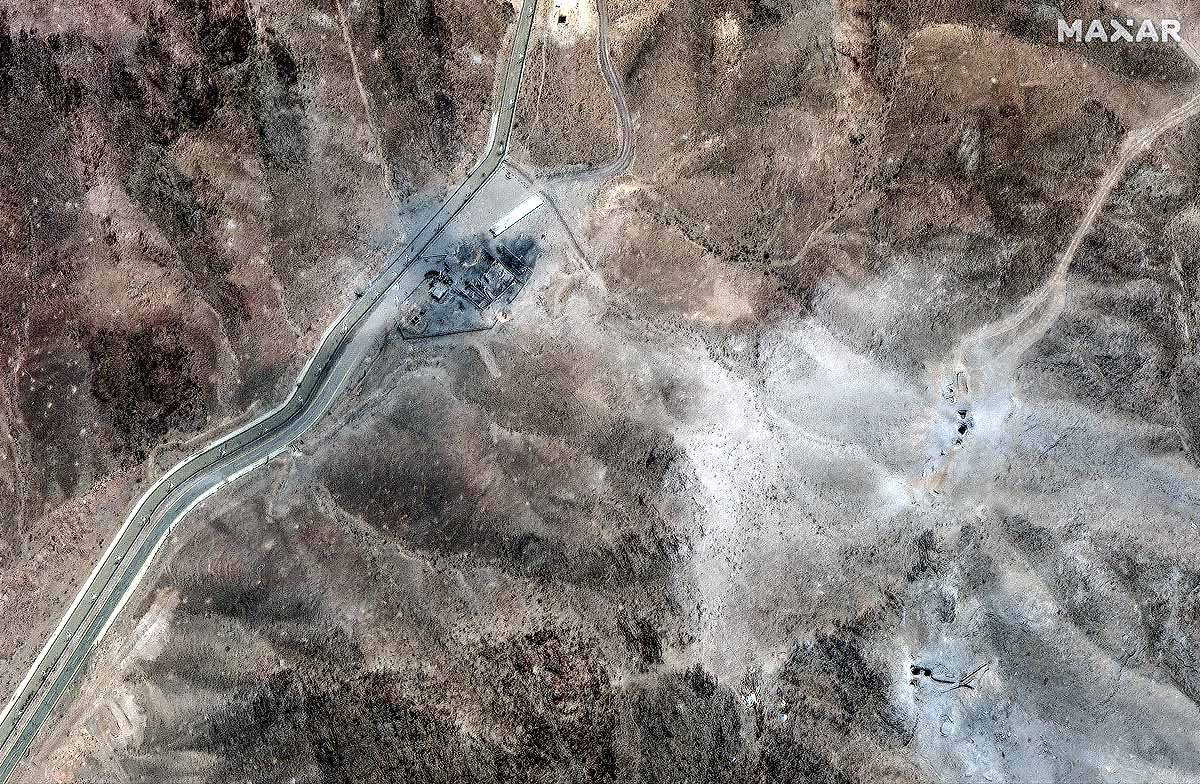
Source: aajtak
However, in 2018, then-President Donald Trump withdrew the U.S. from the agreement, re-imposing stringent sanctions on Iran. In response, Iran gradually began disregarding certain JCPOA terms, notably increasing uranium enrichment up to 60%, nearing weapons-grade levels (90%).
In June 2025, Israel and the U.S. conducted airstrikes on Iran's key nuclear installations, including Fordow, Natanz, and Isfahan. America utilized the massive ordnance penetrator (MOP) bombs, weighing 30,000 pounds, aimed at demolishing deep underground facilities.
President Trump asserted these strikes had "completely dismantled" Iran's nuclear program. However, experts and an initial report by the U.S. Defense Intelligence Agency (DIA) suggested the facilities incurred significant damage but weren't entirely destroyed.
Following these strikes, the Trump administration has taken an unprecedented step. The U.S. has opened secret negotiations with Iran to bring it back to the nuclear agreement discussion table. The main points of this proposal include...
America has offered Iran $30 billion for a non-enrichment nuclear program, strictly for civilian energy production, such as power plants.
The Trump administration clarified that this amount will be provided by America's Arab allies (likely Qatar, the UAE, and Saudi Arabia), not directly by the U.S. An American official stated, "We are ready to lead these talks, but funding for this project will not come from us."
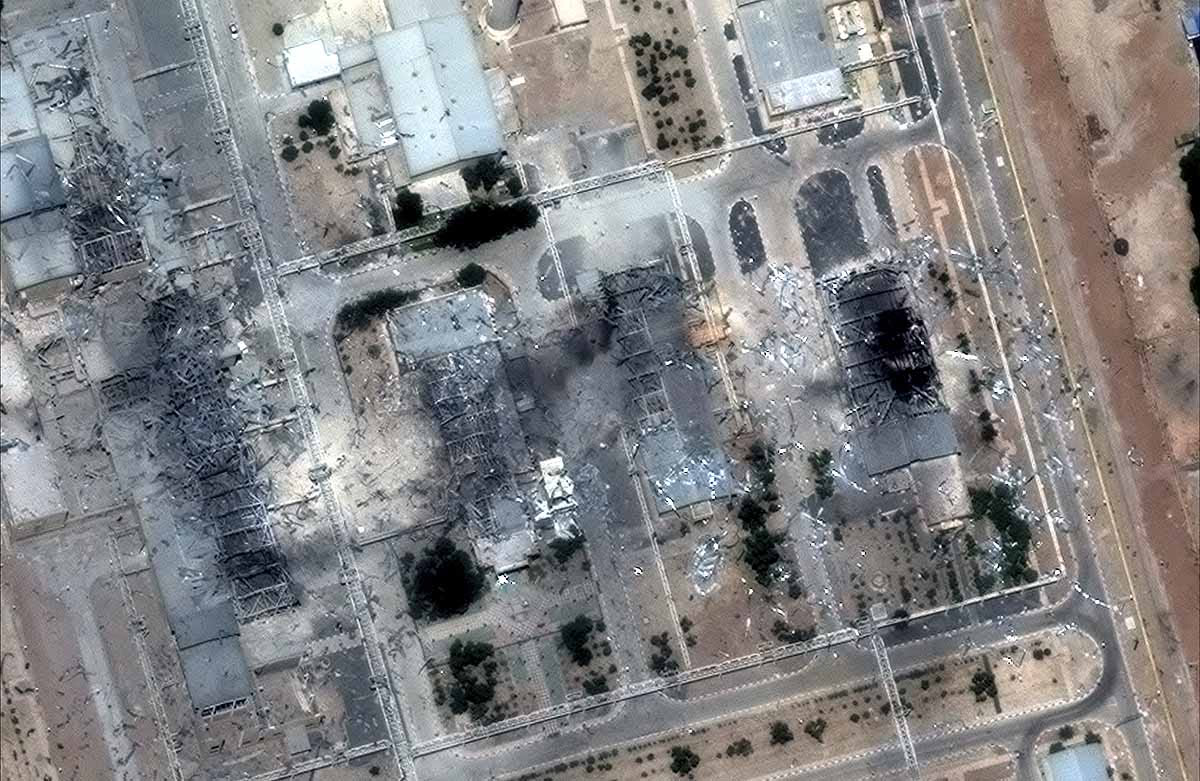
Source: aajtak
The proposal includes the removal of select sanctions on Iran and the unlocking of a $6 billion fund in foreign banks. This money, reserved in Qatar under a 2023 U.S.-Iran prisoner swap deal, was inaccessible to Iran for free use. Iran demands immediate removal of all sanctions, especially those affecting its oil-based economy.
In another suggestion, the U.S. proposes that Gulf nations finance the reconstruction of the Fordow nuclear facility, which was damaged in recent attacks, as a non-enrichment nuclear plant. However, it's unclear if this facility will remain in Iran or the seriousness of this proposition.
The United States demands that Iran fully cease uranium enrichment. Trump's special envoy, Steve Witkoff, questioned, "How can Iran establish a civilian nuclear program without enrichment? This is what we are currently discussing." Conversely, Iran consistently asserts its right to nuclear enrichment as a non-proliferation treaty (NPT) signatory.
This proposal emerged amidst heightened military tension for 12 days between Israel and Iran. On June 13, 2025, Israel initiated attacks on Iran's nuclear facilities. In retaliation, Iran fired missiles at an American airbase in Qatar. A ceasefire, mediated by Qatar, was acknowledged by Israeli Prime Minister Benjamin Netanyahu and Iranian President Masoud Pezechkian.
Amid these military actions, the U.S. and key Middle Eastern countries (likely Gulf allies) continued secret negotiations with Iran. These talks persisted into the week when the ceasefire was implemented. The Trump administration believes recent attacks have made Iran more flexible, preparing it for negotiations.
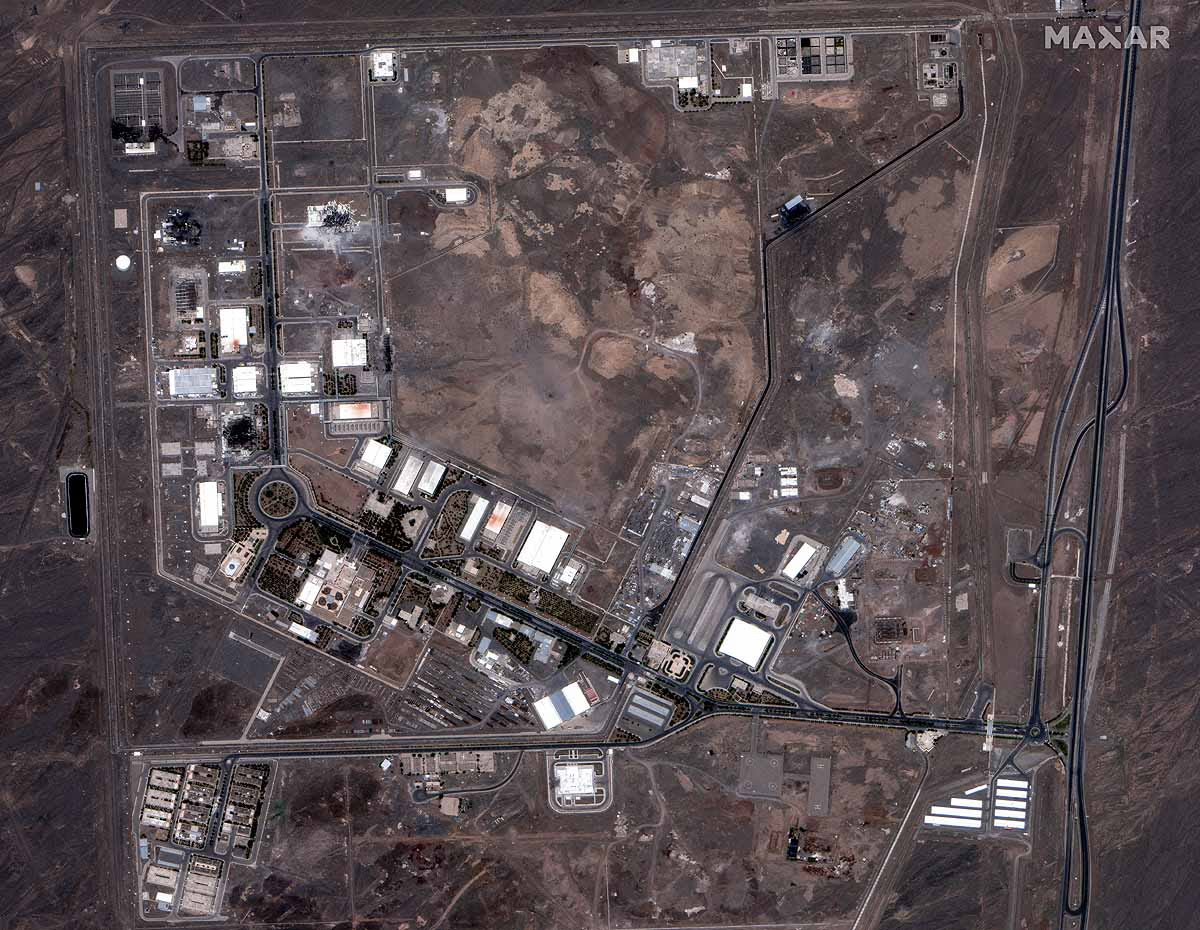
Source: aajtak
This proposal holds significance in several ways...
Iran's economy has long been in crisis due to sanctions. Between 2012-2014, sanctions cost Iran over $100 billion. The release of the $6 billion fund and sanctions relief could alleviate Iran's oil-based economy. However, experts argue that the economic impact of sanctions wasn't as severe as the U.S. claimed, and relief might also have limited effect.
The U.S. and its allies aim to prevent Iran from developing nuclear weapons. According to the International Atomic Energy Agency (IAEA), Iran possesses 408 kg of uranium enriched to 60%, enough for nine nuclear bombs. The proposal aims to deter Iran from maintaining enrichment at this level and transform its nuclear program into a peaceful one.
This proposal might serve as a step towards reducing Middle Eastern tensions. Recent skirmishes between Israel and Iran had elevated the war threat in the region. If successful, this accord could be a monumental stride towards regional peace.
Nonetheless, this proposal faces numerous challenges...
Iranian Foreign Minister Abbas Araghchi indicated that Iran would respond to this proposal based on "national interests and principles." Iran's Supreme Leader Ayatollah Khamenei has previously criticized proposals involving a halt on uranium enrichment.
Moreover, Iranian President Masoud Pezechkian labeled Trump's statements as "threatening," declaring Iran won't capitulate to threats. However, Iran's senior advisor, Ali Shamkhani, has suggested Iran is ready for an immediate agreement, provided the U.S. lifts all economic sanctions and acknowledges Iran's nuclear rights.
